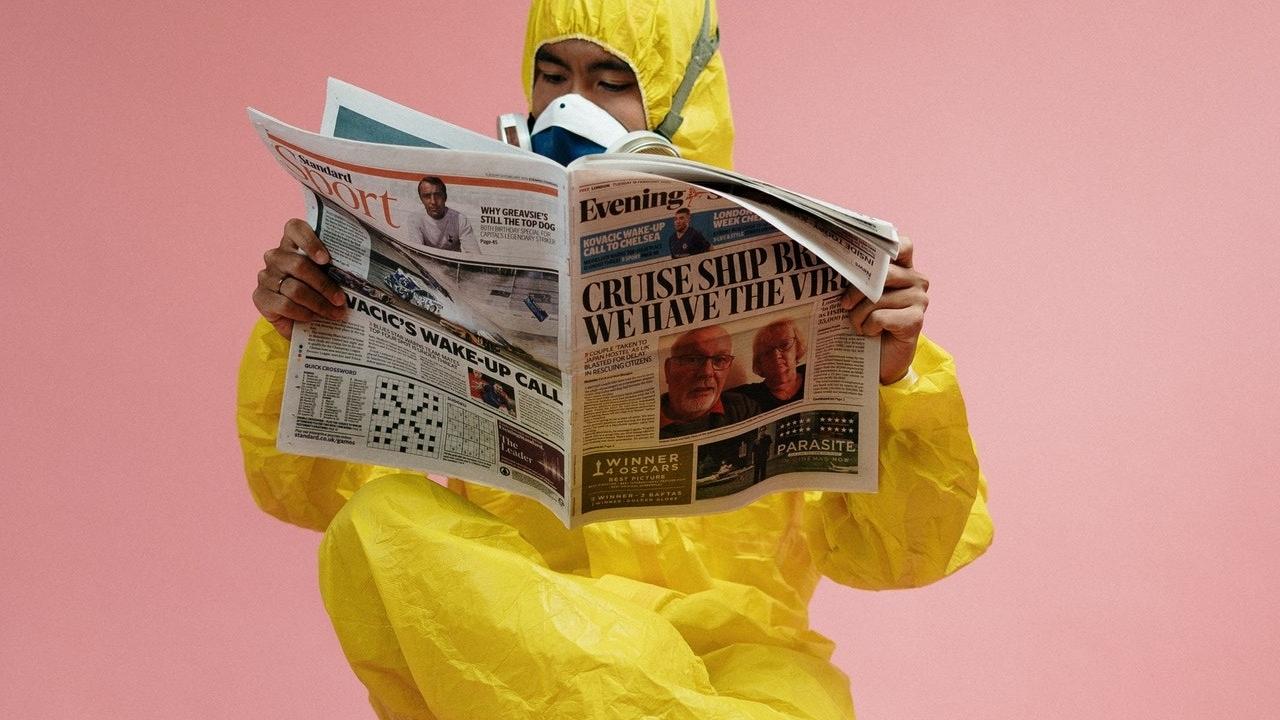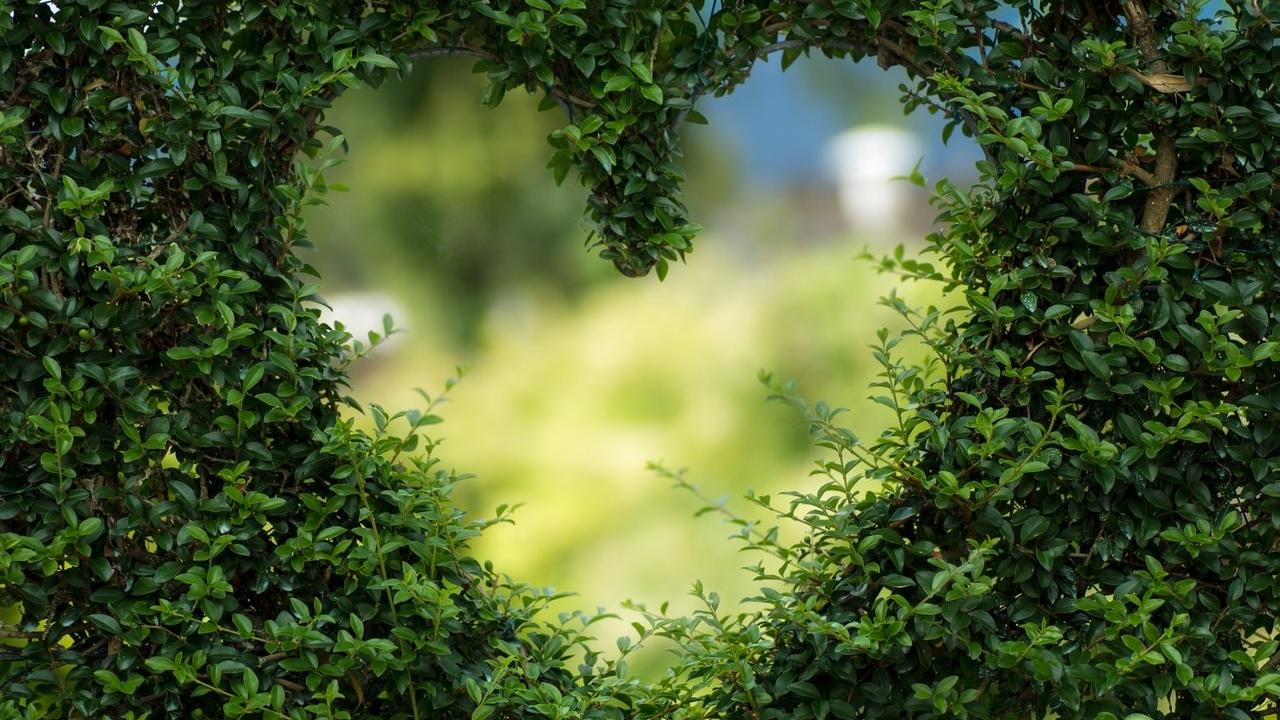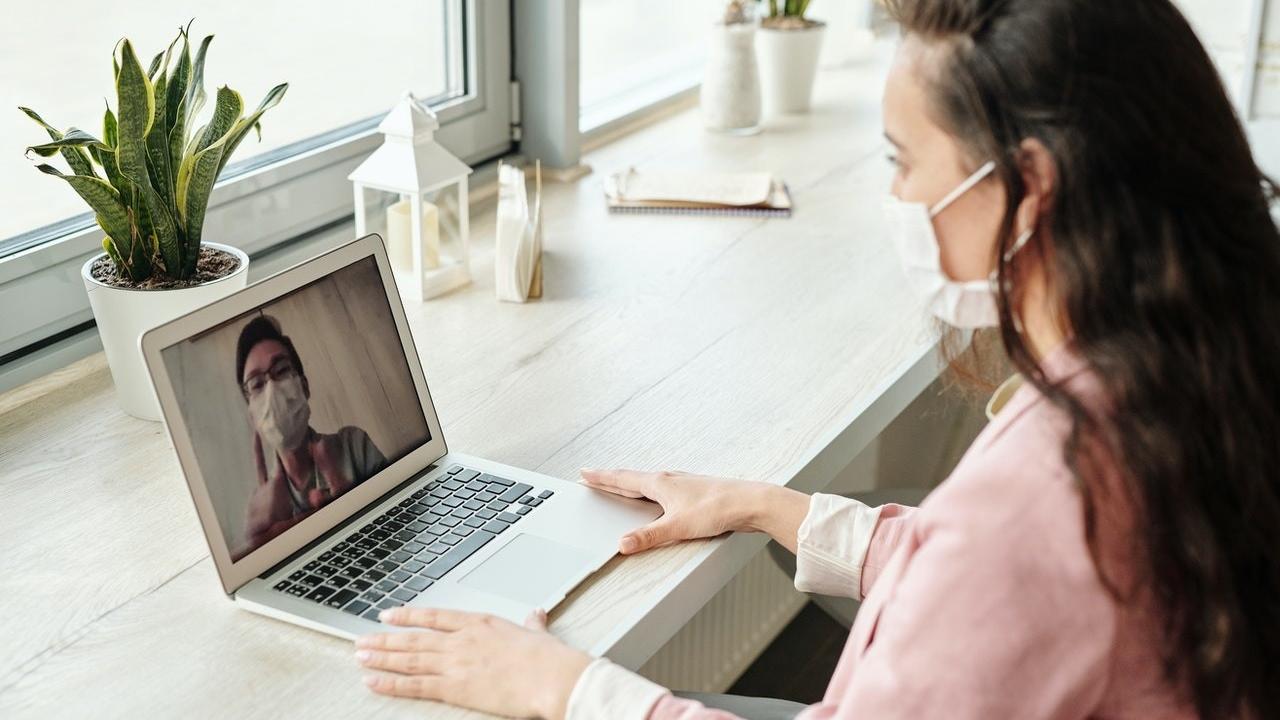Staying Calm during COVID
Welcome to our Wellbeing during COVID-19 resources blog. Each of our blogs links directly to one of our 6 rules for keeping calm during the COVID crisis.
How to rediscover your motivation when you’re working from home.

Working from home, for some, has become the norm. Our working days are no longer punctuated with the breaks and refrains they previously were; no more ‘water cooler’ moments or pauses for casual conversation in the shared kitchen space at work.
We are now aware how vital these moments were for spontaneous collaboration with our colleagues. That problem you were pontificating while waiting for the kettle to boil, was discussed with the colleague finding their preferred type of tea. The sudden post-meeting brainwave you had en route back to your desk could be shared as you walked through the office space.
Instead, we have fixed social interactions and too often, only written correspondence with our colleagues as we work from our home settings.
This can lead us to feel equally overwhelmed and underwhelmed or under-stimulated by some of the work tasks we’re facing. Without the collaboration of our colleagues, we can sometimes fail to find the enthusiasm we once did with our work.
Redis...
How to make sure your team feel like 'we're all in this together'.

A friend of mine this week received a package from her head office. As a company they are a multinational with around 50% of staff permanently home working.
The package contained a branded cup featuring safety advice, some sterilising wipes for hand and computer hygiene and chocolate for...well, I guess for when it just all feels too much.
The message intention was, regardless of where you work we want you to stay safe, we’re thinking of you. The intention is for employees to remember to adopt safe working practice whether at home, or in the office.
Creating behaviour change that is consistent and cohesive amongst your team can help to create harmony, reduce conflict and bring about a sense of ‘we’re all in this together’.
If you’re managing a team, then asking for sustained behavioural change needs to be not only delivered decisively but managed consistently, and perhaps most importantly - led by example
Difficulties can arise when individuals either feel a sense of inequality ...
When the words around us affect the way we feel.

In 2014 I was introduced to a book with a brilliant premise. Look Who’s Back by Timur Vermes is the story of Adolf Hitler awakening in 2011 (in full regalia) and with confusion on many people’s parts, inadvertently becomes a modern day satirical TV star.
The part I was most surprised about, is that the book was written in German by a German author. References to war and Hitler in Germany are not dissimilar to the “he who shall not be named” references in the Harry Potter franchise, a country where it remains a criminal offence to give a Nazi salute.
It’s not surprising then, to read that the vernacular around the pandemic in Germany has been vastly different to that in the UK.
Our own leadership has been likened to Churchill’s rhetoric during wartime Britain. We’ve been subjected to plenty of war analogies and metaphors with the likely intent of creating enough fear within us to force us into taking lockdown very seriously.
By contrast, Germany has typically avoided war metaphors ...
What 6 shipwrecked teenagers can teach us about surviving harmoniously in a crisis.

“He found himself understanding the wearisomeness of this life, where every path was an improvisation and a considerable part of one's waking life was spent watching one's feet.” William Golding; Lord of the Flies.
This quote from Lord of the Flies could well describe our current circumstance. Every path is an improvisation as we try out new ways of living as safely as possible with the virus. Watching our step as we head outside, always conscious of our 2m distancing. Weary from the worry.
Of course there’s a huge difference between our current existence and that of the school boys marooned on a desert island in William Golding’s 1954 book, Lord of the Flies,. But, there are lessons that we can draw on.
Sensing a change in our world order with the onset of the virus there was the panic buying of basic necessities - the need to fulfil our body’s physical survival (although there are no accounts in the media of anyone sustaining on stockpiled toilet roll!).
Satisfied with our horde...
How to make your next Zoom a team lunch and learn.

Virtual team meetings have become such a part of our working lives that some of the old ‘in person’ traditions are now starting to be adopted and adapted into this digital sphere.
Remember that bizarre tradition of having to buy everyone in the office cakes on your birthday (I have never understood that one)? We’re now seeing each team member bringing their own cake to office birthday Zooms, changing their background filter to designate this activity as a ‘fun’ moment.
Many people are hosting team lunches where, presumably there are huge savings on the company expense account as everyone brings their own food! It’s a great chance to bring teams together in a more relaxed way and get a temperature check on everyone’s emotional state.
If this seems too unstructured for your team style, why not turn a lunch hang-out into a lunch and learn, turning the meeting into an opportunity for some training?
There are plenty of resources available to help you do this. If you’d like one idea to ...
How to make future plans when the future is uncertain.

It's difficult to plan for life after lockdown, and this could one of the things contributing to people's sense of futility and frustration.
Will we be able to go to see that play, that festival, that concert, that match or any of the other social outings we previously accepted as part of normal life?
We can't make plans that we don't know will exist. How enormously frustrating, and how grossly unfair. They even take away our daydreams.
Planning for a future we can't determine can add to the feeling of isolation. But there are two things we can do to feel more in control now.
We can plan ways to connect with friends and family right now. And we can practice gratitude forecasting. If we're struggling with the present we can look at how grateful we will feel when life progresses.
I can look forward to enjoying coffee with my friend in her (much nicer) garden. I can look forward to a Sunday lunch around a table with my parents and siblings. Imagining the taste of my mum's roast pota...
Silent online retreats to beat the fatigue

The big theme this week has been on ‘Zoom fatigue’.
It’s rather unfair to point the finger at Zoom - obviously all video hosting platforms are involved!
We have seen a massive increase of use of these tools in this digital space to help us stay connected and collaborative in our work and personal lives. But they are draining us of energy and many of us are feeling their burden rather than benefit.
There is some interesting data around how we misinterpret others on these types of calls. And we face frustrations when the technology doesn’t work perfectly.
However, we desperately need these solutions to keep us connected and our economy turning. Learning to limit your use of these devices is one solution. This group however, have created a silent Zoom retreat - which puts an interesting spin on something that would normally be full of noise.
Connecting with your team during isolation

"I'm fine".
The most overused lie we hear and tell in our everyday lives. It's often said as a reflex response to the question "How are you?".
With many of us conducting team chats over video digital platforms such as Zoom it's even harder to gauge how your team really are doing?
If you're still operating in a work environment you're likely to be faring no better. The changes and added stress in workplaces, now means finding an adequate way and time to check in with your team that needs better thought and planning.
So how do you connect with your team in a meaningful way to ensure they feel heard, supported and motivated?
Rachel has put together a great resources page including a short video, to help you plan better ways to connect with your team during the COVID crisis.
Use Emotional Intelligence to Better Isolate

We’re learning how to conduct our professional and social lives through virtual platforms, and we are also having to learn how to adapt to this new form of interacting.
Where previously we could gather emotional cues from our colleagues, friends and family from non-verbal communication and body language, we now have to rely on what we can see and hear through a tiny rectangle on the screen.
Vulnerability researcher and professor Brene Brown offers this great tip to create emotionally intelligent virtual meetings.
And there’s no reason that you shouldn’t apply this to your social meetings too. Meeting socially in virtual settings can prevent us from being emotionally distant but we need to make sure that the screen separation doesn’t stop us from sharing how we’re really feeling with close friends and family.
This article is a great reminder about the importance of remaining emotionally connected in times of lockdown.
Beat the isolation blues with bears.

If you have young children in your home, keeping them exercised and entertained may be a large part of your day.
One of our local communities has created a Teddy Bear hunt across their town, apparently inspired by the children's book, We're Going on a Bear Hunt.

Managed through a Facebook group, participants are assigned the next number in the series for families to discover as they take their daily walk.
If nothing like this exists in your neighbourhood, why not take inspiration to start your own Teddy Bear hunt? A great way to encourage your kids out of the house, but also watching their delight as they see someone notice their ‘bear’ and number in a window of your house.

